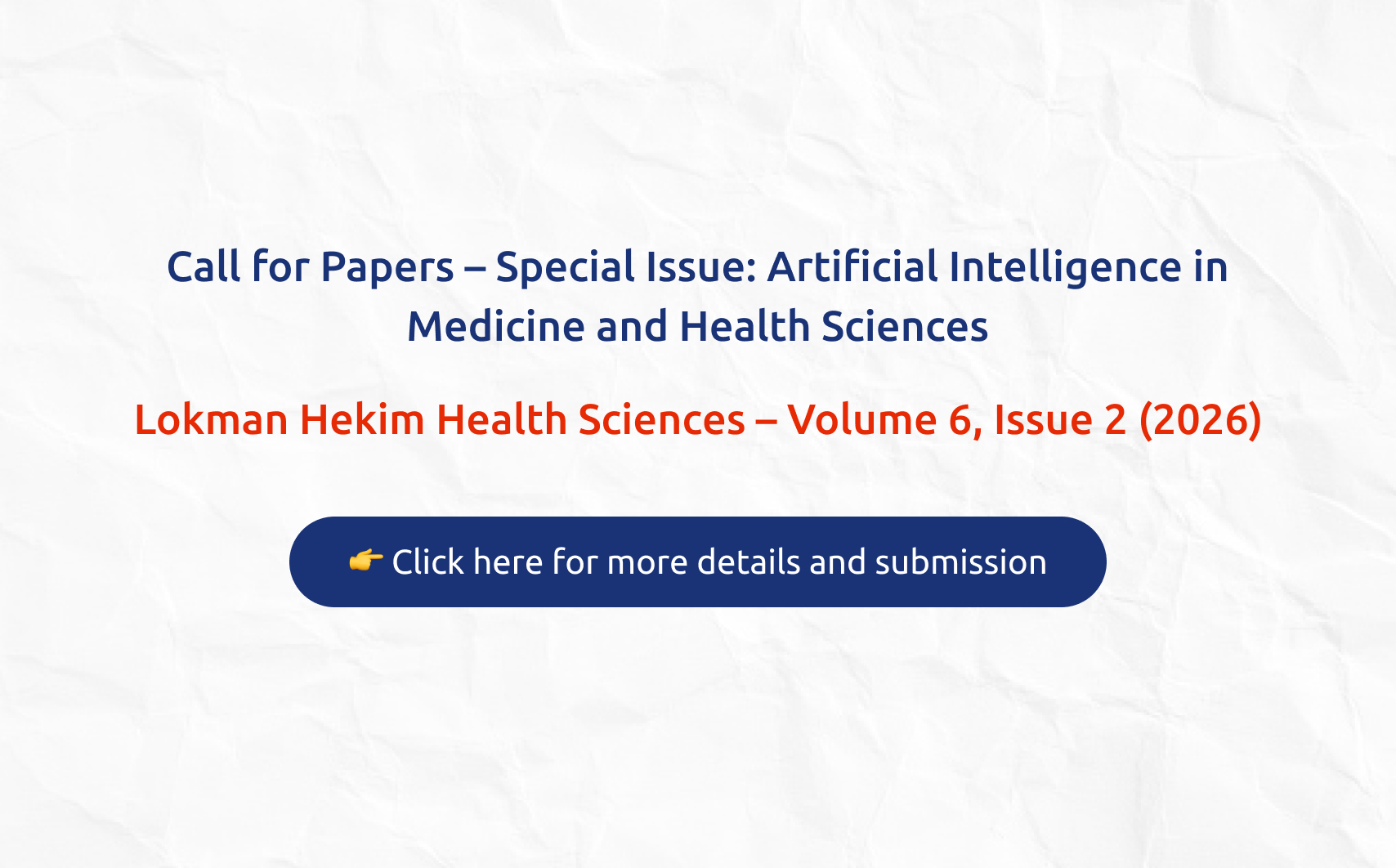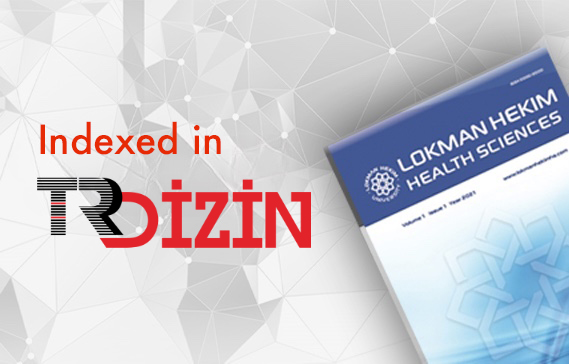2Department of Obstetrics and Gynaecology, Lagos University Teaching Hospital, Lagos, Nigeria
3Department of Obstetrics and Gynaecology, Federal Teaching Hospital Katsina, Katsina, Nigeria
4Department of Medicine, Nigeria University Teaching Hospital, Enugu, Nigeria
5Department of Obstetrics and Gynaecology, Lagos State University Teaching Hospital, Lagos, Nigeria
6Department of Medicine, Lagos Island Maternity Hospital, Lagos Nigeria
7Department of Obstetrics and Gynaecology, College of Medicine, University of Lagos, Nigeria
Abstract
Introduction: Asthma is of global public health concern due to its increasing prevalence, extensive health care costs, and impact on quality of life. Vitamin D has been suggested to play a role in asthma pathogenesis, severity, and control due to its immune-modulatory and anti-inflammatory effects. This study aims at determining serum Vitamin D status and its relationship with asthma control among adults with asthma attending the asthma clinic in Lagos University Teaching Hospital (LUTH).
Materials and Methods: This was a cross-sectional study. Participants were asthma patients attending the asthma clinic in Lagos University Teaching Hospital. Non-probability sampling involving consecutive sampling of all patients that met the inclusion criteria was done. Self-assessment of asthma control using Asthma Control Test (ACT) and GINA (Global Initiative for Asthma)-symptom control tools was documented. Spirometry, blood eosinophil count and serum Vitamin D levels were measured. A linear relationship between two numeric variables was assessed using spearman correlation. P value <0.05 was significant. Results: The study was conducted on 90 patients, whose mean age was 48.74±15.5, and 75.6% were females while 24.4% were males. The frequency of Vitamin D status amongst the participants was deficient47 (52.2%), insufficient 9 (10.0%), and sufficient 34 (37.8%). There was no association between the Vitamin D status of patients and their level of asthma control. Discussion and Conclusion: There was a statistically significant relationship between Vitamin D level and the assessed lung function indices (FEV1, FVC, and FEV1%) and no relationship was found between Vitamin D level and patient self-assessed asthma control as well as Vitamin D level and peripheral blood eosinophil count.
2
3
4
5
6
7






 Nneoma Kwemtochukwu Ani-Ugwu1
Nneoma Kwemtochukwu Ani-Ugwu1 









